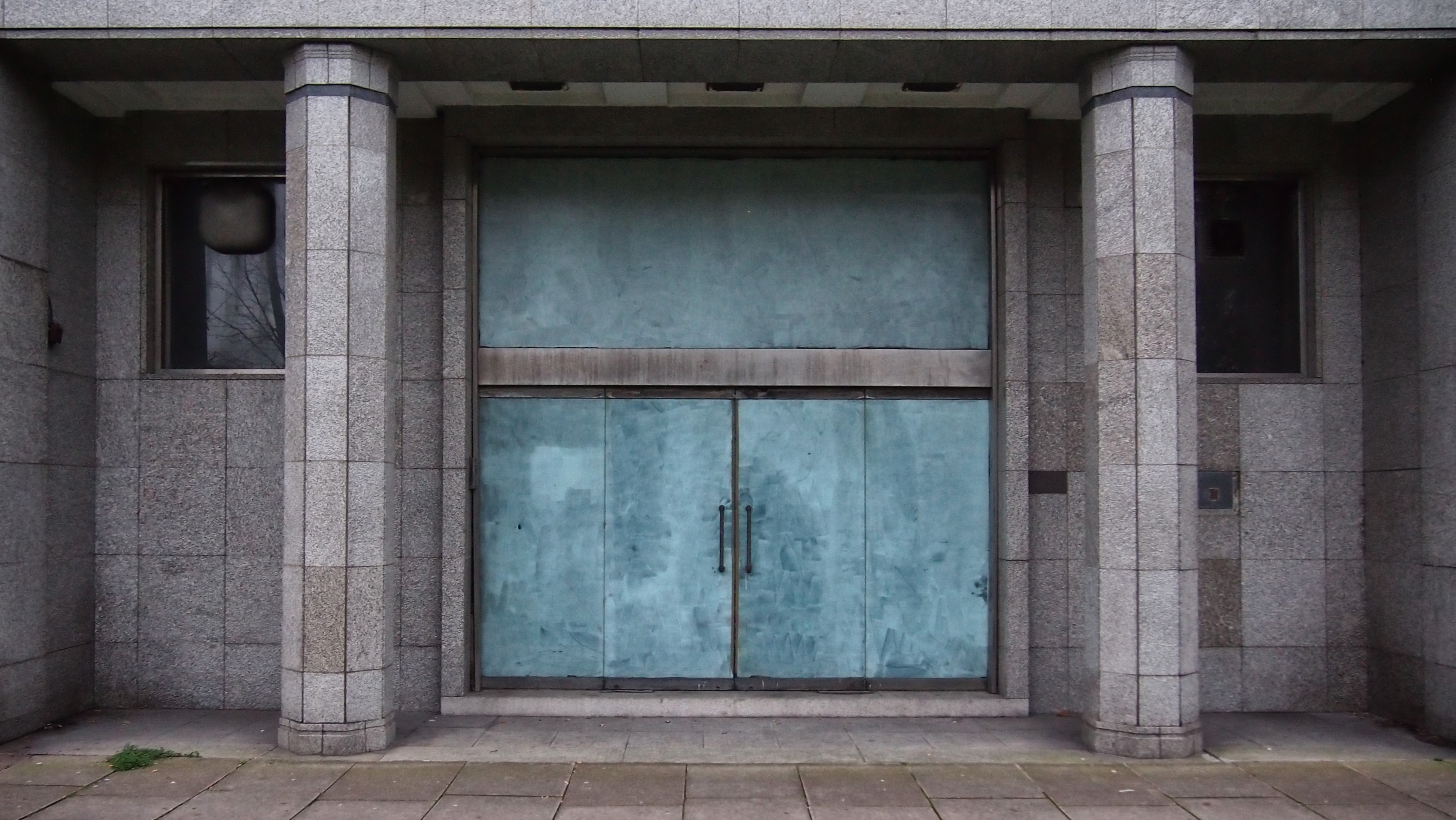
Peachside Limited v Lee & Keung [2024] EWHC 921 (TCC) is a rare example of both provisions of section 18(1) of the Landlord and Tenant Act 1927 coming under judicial examination, with the key question being whether the redevelopment of a property was inevitable.
The former tenants had operated a restaurant in the Chinatown area of Manchester. The lower floors of the property were occupied by bookmaker Betfred.
The 14-year lease had fairly standard repair and redecoration covenants. However, as returned to the landlord after the tenants vacated, the premises were described in evidence for the landlord as a 'warzone with grease'.
Owners phase works to maximise chance of re-letting
The landlord stated that it initially tried to re-let the premises in their existing condition but soon decided on advice that substantial repair works were needed to enable reuse as a restaurant.
However, there was lower demand for restaurant premises in Chinatown at that time in mid-2021 and the most advantageous alternative use was as commercial offices.
The landlord had therefore been advised to undertake work in two phases.
- Phase one involved stripping out the premises and putting them into repair, in the hope this would allow re-letting as shell commercial premises.
- If that failed, then phase two of the works would proceed; namely, a redevelopment to create fully lettable office space for immediate occupation. These works would be much more substantial, involving for instance, a new passenger lift and replacement stairs.
Because phase one did not result in a re-letting, the phase two works were subsequently tendered and under way at the time of trial, due to complete in June.
Tenants argue plans amount to betterment
The tenants challenged the landlord's claim for disrepair on three grounds:
- that some elements of the works were unnecessary or involved betterment
- that the cost of the works exceeded the damage to the value of the reversion due to the disrepair, which the first provision of section 18 prohibits
- that the repairs would be rendered valueless in any case because of the landlord's plans to redevelop, that is, the second provision of section 18. Although the tenants' valuer sought to reject certain items of disrepair, the judge considered that his points were more appropriate for the expertise of the building surveyors – rather than a valuation expert. This led the judge to note some concern that the valuer had become 'a little too invested in advancing his clients' interests'.
The only item deducted by the judge from the claim was a replacement goods lift worth £95,000, which the landlord had not ordered by the date of trial. The judge was unpersuaded that it would be reasonable to replace this lift, given the absence of evidence that the office market would require one as well as a passenger lift.
The judge therefore allowed overall repair costs of £408,431 plus 7%, that is £28,590.17, for contract administration.
Landlord valuation of repairs finds favour
The first provision of section 18 limits a landlord's recovery for disrepair to the diminution in the value of its reversion caused by the breach.
The judge noted that, where a landlord has undertaken work, the starting point is that the diminution in value of the property can be inferred from the cost of the repairs reasonably required to make good the loss caused by the tenant's breaches.
The parties' valuers had reached very different conclusions on this, however, with the tenant's assessing it at only £150,000. The landlord's surveyor had in contrast reached his valuation of £700,000 using the cost of the repairs necessary to make the property lettable as offices and not superseded, then adding the cost of administering the works and loss of rent for their duration. The judge approved this approach to the valuation as 'plainly right'.
The costs of remedying the disrepair therefore did not exceed the statutory limit under section 18.
'The first provision of section 18 limits a landlord's recovery for disrepair to the diminution in the value of its reversion caused by the breach'
Defendants invoke second provision of section 18
The tenants argued that the landlord was merely seeking to extract as much as possible from them through the dilapidations claim and did not intend to re-let their former premises.
In their view, the landlord's true intention was to regain possession of the downstairs Betfred premises so as to overcome difficulties with access to the subject premises and undertake a full-scale redevelopment. They argued that this explained the landlord's leisurely approach to undertaking the works.
This line of argument potentially engaged the second provision of section 18, known as 'supersession'. This provides that damages for disrepair are not recoverable when it can be shown that, whatever the condition of the property, demolition or structural alterations are to be carried out at the end of the term and thus render any repairs valueless.
The defendants' valuer suggested that the premises were effectively unlettable as office accommodation because of the lack of access from street level and unattractive entrance. In his view, alterations were unavoidable.
The judge disagreed and accepted the conclusion from the landlord's surveyor that the premises in repair would command a reasonable rental for office accommodation, albeit with a discount for limited access.
Judge accepts rationale for redevelopment
However, he did agree that the landlord's decision to defer certain works to a second phase raised grounds for suspicion. He also accepted that it would be a better long-term decision to remodel the Betfred premises so as to allow lift access to all floors from pavement level.
Nevertheless, this did not justify concluding that the whole claim was an elaborate charade. Indeed, the judge accepted the landlord's evidence that it had wanted to do as little work as possible to re-let the premises and obtain some income. He considered this in keeping with the commercial realities of a relatively small property investor.
This conclusion was not affected by the landlord's decision to oppose renewing Betfred’s lease in July 2023 on grounds including redevelopment. The judge accepted that no definite decision had been made for termination, and that the relevant intention would only be determined at the date of any trial.
He felt that the landlord was likely to prefer completing the phase two works and seeking to secure some income rather than wait until the resolution of the situation with Betfred. In any event, any further works undertaken with vacant possession of the whole property would not supersede the majority of repairs required to the premises.
The judge did accept that the landlord could – and probably would – have accelerated its works if there had been no question of including the bookmaker's premises in its plans. However, this was reflected by the judge reducing the period for which loss of rent was recoverable.
The total damages awarded against the former tenants were £542,671 including agreed surveyors' fees. Interest and costs were dealt with after judgment was handed down.
Emma Humphreys is a partner in the real-estate disputes team at Charles Russell Speechlys
Contact Emma: Email
Related competencies include: Inspection, Legal/regulatory compliance
RICS Dilapidations Conference 2026
The conference will explore commercial property market trends, core legal principles, costing and valuation challenges, sustainability and circular fit-out considerations, the growing influence of AI and digital tools in dilapidations practice, and advanced negotiation and client care.
With a strong focus on practical guidance and cross-disciplinary collaboration, the programme will also include a new introductory session to set the scene, providing delegates with a clear grounding in the core concepts of dilapidations ahead of the day’s technical discussions.


